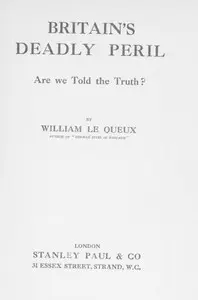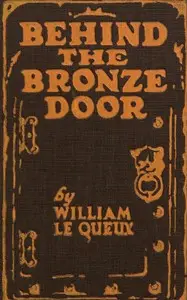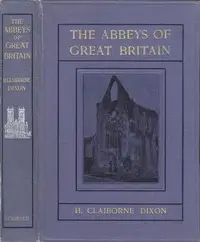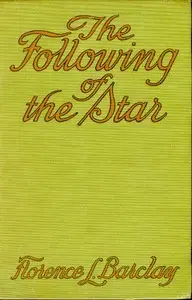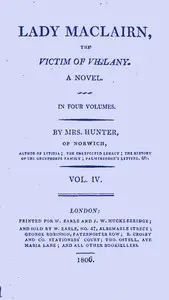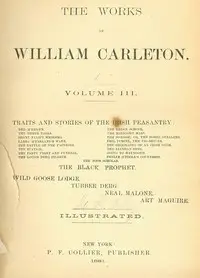"Whither Thou Goest" by William Le Queux is a romantic novel written in the early 20th century. The story centers on Guy Rossett, the son of the Earl of Saxham, who wishes to marry Isobel Clandon, a woman of modest means, despite his father's vehement opposition driven by social class prejudices. As Guy is assigned a position at the British Embassy in Madrid, the narrative unfolds with themes of love, family loyalty, and the turbulence of societal expectations. At the start of the novel, the tension is palpable as the Earl of Saxham learns of his son Guy's engagement to Isobel, who he regards as unworthy. The Earl's scheme to send Guy abroad serves as both a dramatic uprooting for the young lovers and a catalyst for future conflict. The opening chapters introduce various characters, such as Guy’s sister, Lady Mary, who supports her brother's pursuit of love, and hints at dangerous political intrigue through intersecting narratives involving anarchists in Spain and Guy’s upcoming diplomatic role, setting the stage for both romantic and thrilling developments in the story. (This is an automatically generated summary.)

Whither Thou Goest
By William Le Queux
"Whither Thou Goest" by William Le Queux is a romantic novel written in the early 20th century. The story centers on Guy Rossett, the son of the Earl ...
William Tufnell Le Queux was an Anglo-French journalist and writer. He was also a diplomat, a traveller, a flying buff who officiated at the first British air meeting at Doncaster in 1909, and a wireless pioneer who broadcast music from his own station long before radio was generally available; his claims regarding his own abilities and exploits, however, were usually exaggerated. His best-known works are the anti-French and anti-Russian invasion fantasy The Great War in England in 1897 (1894) and the anti-German invasion fantasy The Invasion of 1910 (1906), the latter becoming a bestseller.


